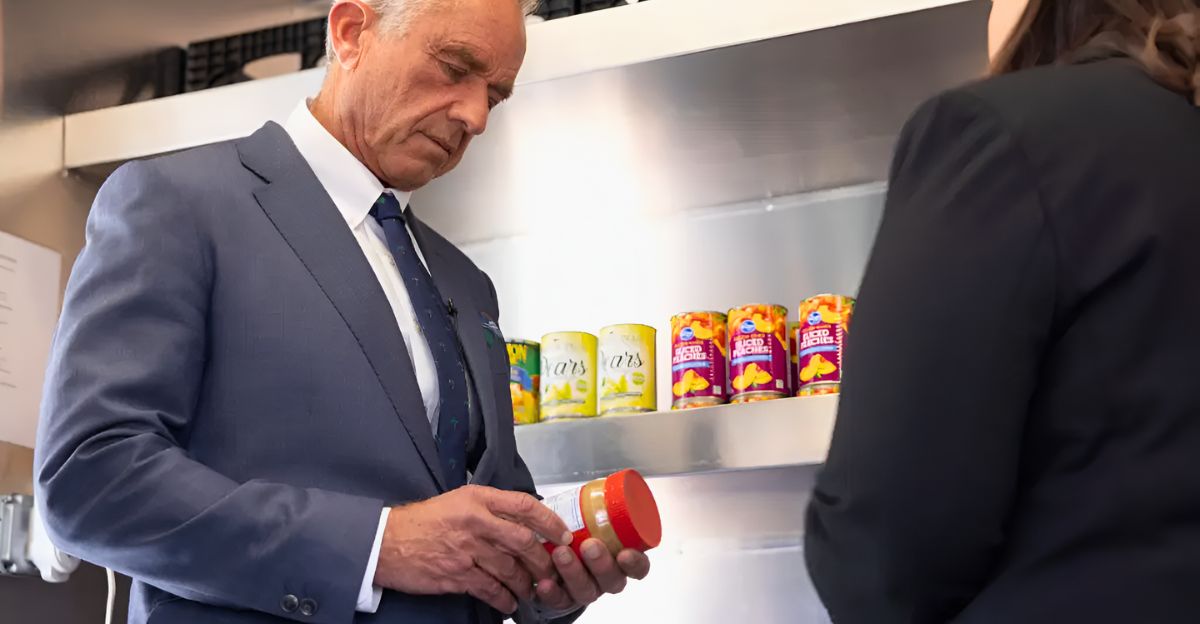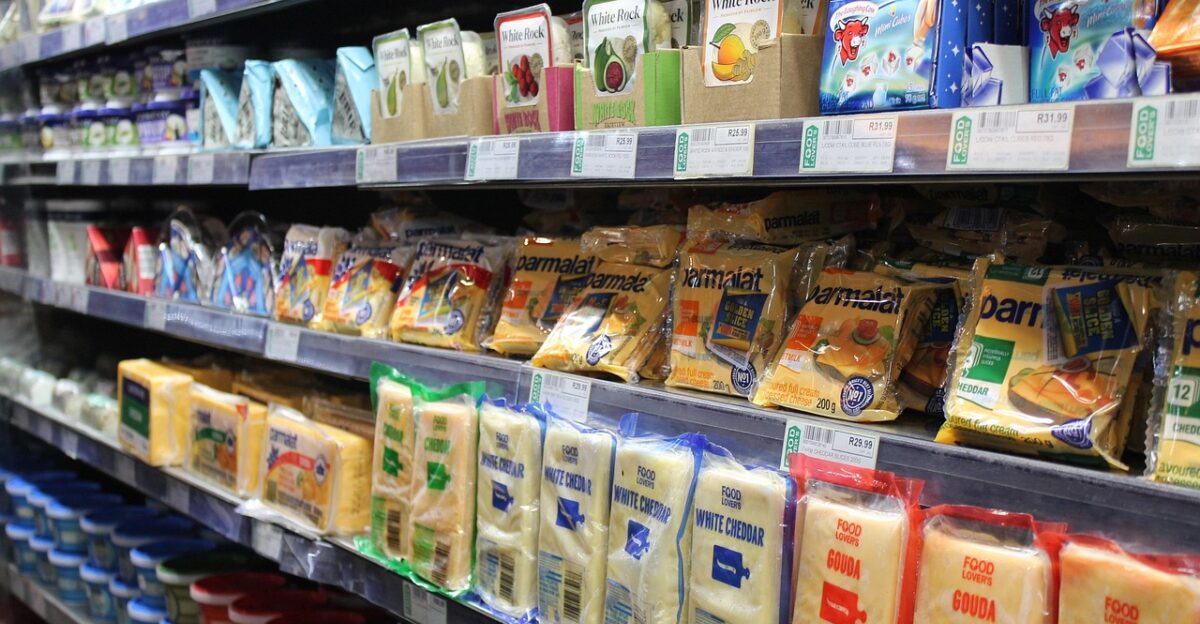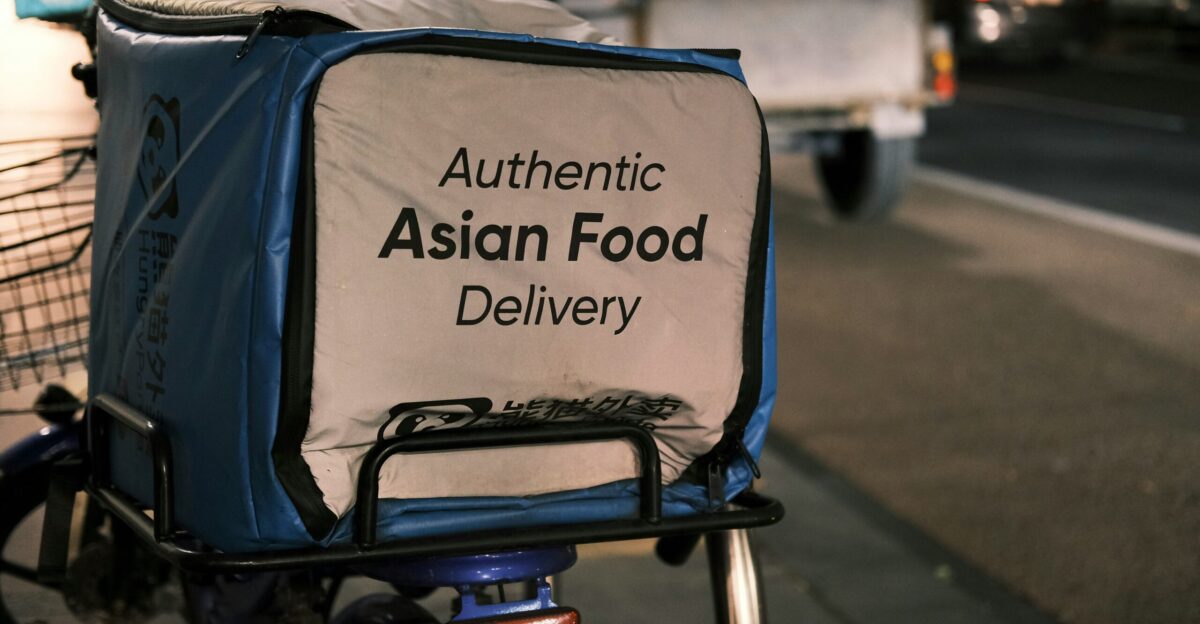
Robert F. Kennedy Jr., a prominent figure known for his staunch opposition to ultra-processed foods, has stepped into the spotlight again, this time by endorsing a health food startup. This company, Mom’s Meals, claims to restore the dietary well-being of Americans, and the endorsement has gained traction on platforms like Reddit and YouTube. At first glance, it aligns neatly with Kennedy’s long-standing mission for cleaner eating. However, a closer examination uncovers a significant contradiction: the products from this startup are packed with ultra-processed ingredients that Kennedy has vehemently criticized.
This paradox raises questions about the message’s integrity and the intricate challenges of transforming the American food system. Consumers who have relied on Kennedy’s advocacy may feel misled or confused, highlighting the broader struggle between health ideals and market realities. This unfolding narrative has implications for public trust, food industry practices, and the future of nutritional reform in the United States.
Why This Matters Nationwide

The controversy surrounding Kennedy’s endorsement goes beyond mere dietary preferences; it impacts public health nationally. The meals marketed by Mom’s Meals are delivered to Medicaid and Medicare recipients, vulnerable populations that depend on taxpayer-funded nutrition. This issue elevates the matter from individual choice to a significant public health concern. Suppose ultra-processed meals are being promoted as health solutions for millions suffering from chronic illnesses or limited mobility.
In that case, it raises critical questions about the quality and safety of government-supported food programs. The consequences extend into healthcare costs, disease management, and public confidence in health initiatives. Are we unintentionally prioritizing convenience and cost over genuine nutrition for those who need it the most?
A Nostalgic Promise of Health

Kennedy’s campaign also taps into a powerful yearning for a simpler time when food was less processed and more natural. His opposition to synthetic dyes, additives, and overly processed ingredients resonates with many, especially those sharing food memories on social media platforms like TikTok and Reddit.
Yet, the meals offered by Mom’s Meals, marketed as ‘additive-free’ and ‘healthy,’ closely resemble the frozen dinners of our youth, convenient, but far removed from fresh, whole foods. This disconnect between nostalgic ideals and the reality of processed convenience only deepens skepticism and invites more scrutiny of the initiative’s impact.
The Reality of Ultra-Processed Foods

The downturn in food quality is not a happenstance; it stems from the economic realities of industrial food production. Ultra-processed foods are cheap to manufacture, have extended shelf lives, and cater to busy lifestyles. Despite Kennedy’s vocal opposition to such foods, the offerings from Mom’s Meals include chemical additives, high sodium levels, and, in some cases, excessive sugars and saturated fats.
Nutrition experts, including Marion Nestle, have highlighted these ingredients’ issues, emphasizing the tension between idealistic food reform and practical market constraints. This reality confronts the public with the dilemma of choosing between convenience and health, affordability and quality, a challenge at the core of America’s food system.
The Core Contradiction Revealed

A glaring contradiction is at the heart of this story: RFK Jr. endorses a company whose meals are laden with ultra-processed ingredients he has long decried. Mom’s Meals promotes $7 microwaveable dishes aimed at vulnerable populations, boasting of avoiding harmful additives like synthetic dyes and high fructose corn syrup.
However, expert analyses reveal that these meals still rely heavily on additives and processing methods, ultimately undermining their health claims. This revelation casts doubt on the credibility of Kennedy’s health food narrative. It sheds light on the complex interaction between health advocacy and industry realities, igniting further debate about the sincerity and feasibility of food reform efforts.
Impact on Local Communities

This issue resonates deeply within communities reliant on meal delivery services, especially for Medicaid and Medicare recipients. For many elderly or chronically ill individuals living in rural or underserved urban areas, these meals may serve as their primary source of nutrition. The repercussions touch local healthcare providers, caregivers, and families who are left to reconcile the promise of healthful eating with the reality of processed convenience.
Conversations on social media reveal personal stories of confusion and disappointment, illustrating the human dimension of this policy and marketing contradiction. It’s a poignant reminder that food reform is not merely a matter of policy but a lived reality for countless Americans.
Struggles Behind the Scenes

For franchisees and local distributors of these meals, the challenges are manifold. They find themselves balancing cost pressures, regulatory demands, and consumer expectations. The necessity for affordable, shelf-stable meals often compromises ingredient quality.
This struggle highlights a broader issue within the industry: how to deliver healthful food at scale while keeping prices within reach. The ripple effects of these challenges extend into food supply chains, labor markets, and small farming communities, complicating the path toward meaningful reform.
Competition and Market Forces

Kennedy’s endorsement also stirs competitive dynamics within the food industry. Traditional processed food giants and emerging health-focused startups compete for consumer dollars and government contracts. His backing inadvertently spotlights the fine line between genuine innovation and marketing spin.
Competitors may use this controversy to push for more transparent labeling, stricter ingredient standards, or alternative food delivery models. The ripple effect could either accelerate industry-wide transparency or deepen consumer cynicism, influencing how food companies operate and communicate with the public.
Changing Consumer Habits and Expectations

American consumers are increasingly aware of the health risks posed by ultra-processed foods, fueling demand for cleaner labels and whole ingredients. Yet, convenience remains paramount, especially for those with limited time or resources. The meals promoted by Kennedy’s endorsed startup embody this tension, offering ease but not necessarily optimal nutrition.
This dynamic feeds a broader cultural conversation about food justice, health equity, and the government’s role in shaping diets. The ripple effect shapes what people eat and how they perceive food and health, influencing future consumer behavior and policy debates.
What’s Next for Food Reform?

Looking forward, RFK Jr.’s paradoxical endorsement raises a critical question: can America’s food system truly reform without confronting the economic realities of ultra-processed foods? His push to eliminate harmful additives and increase transparency is an essential first step, but meaningful change demands aligning health ideals with market forces, policy frameworks, and consumer habits.
The controversy sparked by this endorsement may catalyze more nuanced solutions blending innovation, regulation, and education to build a genuinely healthier food future. Whether this moment becomes a turning point or a cautionary tale remains to be seen.
